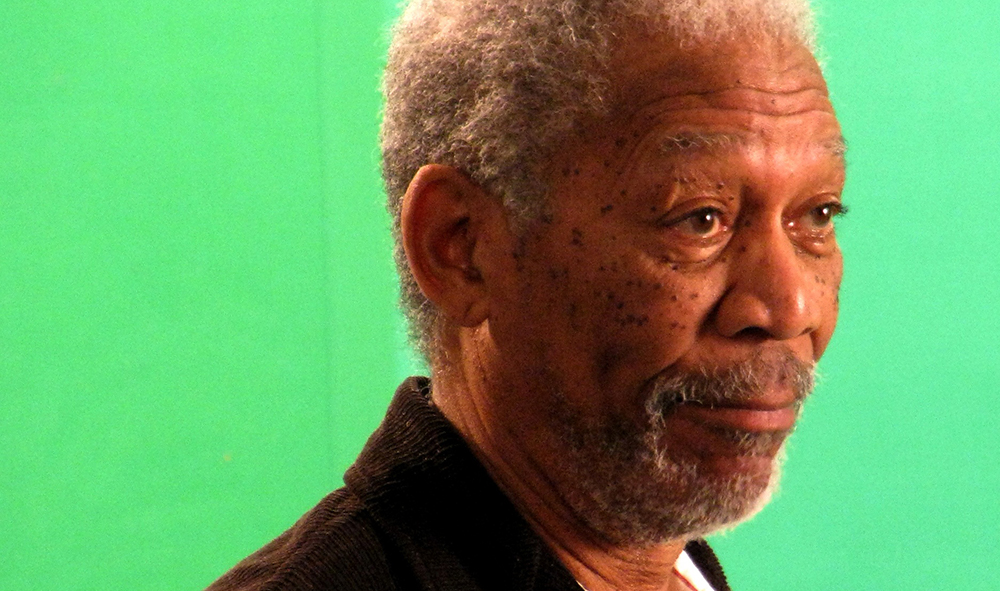Is it smarter to be dumb or is it smart to be smart when you’re interacting with other people? A lot of people don’t admire intelligence, and they really don’t relate well to people who are generally knowledgeable.
IQ has fallen by more than 15 points during the last 100 years when it was popular to talk about new advances in science and technology, to actually discuss literature, politics, and the latest ideas.
Topics that get deeper than where you bought your gas today and whether you think it will rain are dangerous at cocktail parties today. Bring up new findings in stem cell research or the neat analytics program you’re working on as you work the crowd, and you probably won’t get invited back unless you know who you’re talking to. These are risky subjects.
The old song that says that “People Who Need People Are the Luckiest People in the World.” is just flat wrong–at least for me. When you’re too needy you’ll do anything to get people to talk to you and laugh at your jokes. You’ll even cast yourself as much less intelligent than you are. You’ll hide any evidence that you’ve read anything more intelligent than the  traffic report.
traffic report.
If, on the other hand, I have to dumb down my conversation when I’m with my friends, I have the wrong set of friends. I’m totally tired and turned off when the approved subject is the color you painted your boat or which Wal-Mart you bought your last electronics at.
Morgan Freeman, American actor and icon, dropped by the Jon Stuart show on May 27 to talk about particle physics, alternate universes, and worm holes. Just back from hosting the Fundamental Physics Prize Gala in Geneva, he talked with an enthusiasm and passion I’ve never heard him use before.
The bemused Stewart suggested that these subjects would have been great in college for experimenting with the latest mushroom drug concoction, but he didn’t deter Freeman a bit, who continued to talk about the expanding universe.
Would you like to take your stop watch to the next party you attend and see how quickly you can clear a room by asking what everyone’s take is on the difference between Newtonian and quantum physics? You’ll break some records and cause accidents as people fall all over themselves getting away.
I’m not the smartest person in the room, but I have made a promise to myself not to sidle up to someone anymore asking, “What kind of grout did you use when you built your stone wall last year? If I can’t find people who are interested in talking about something interesting, I’m going to find some different people.
Many of us are kindred spirits who share curiosity and a huge love of knowledge. If you’re that kind of person, I’d like to be friends with you.
What are the sources you most value in learning? The following are some of mine.
1. Downloadable, searchable books and texts. What is amazing about a Kindle is not just that you can instantly own almost any book in the world, but that they’re downloadable–and searchable. Want to know what the Torah says about marriage, war, or debt? You can have every single instance of the occurrence of that word in hundreds of pages of that text.
2. Podcasts. They’re free! Through iTunes and other sources you can have free of charge the latest information on any subject from finance to current events, as well as history, science, spirituality. You can go back to the best universities through both audio and video broadcasts. You’ll hear from the greatest financial advisers you would never have access to in any other way. Here are a few of my favorites, and I want to know yours:
The Wall Street Journal Technical Report. Keeps you up-to-date on every important story in technology.
The Economist. Podcast from the British publication on all the major stories in the economy.
The Clark Howard Show. Don’t judge Clark Howard by his vacuous programs on CNN, which he recently began. His brilliant radio show, which is rebroadcast as podcasts, will make you independently wealthy in a couple of decades. It is over an hour of information every day, and I just can’t listen to it all. I listen to the beginning monologue for information and dip into the callers as I have time, which is often priceless information on handling difficult situations.
In Our Time, with Melvin Bragg. This BBC collection is comprised of over 500 shows that you can download with the greatest experts in the world discussing science, history, philosophy, and culture. It is the most intelligent and interesting information I have heard presented.
The Leonard Lopate Show. A little known talk radio show outside of the New York City area, Leonard Lopate is one of the last Leonardo da Vinci’s of our time. You can keep up with the latest books, instantly be able to discuss them intelligently, and know a great deal about the author. He has a parade of the world’s prominent politicians and policy makers, as well as celebrities. You’ll know what’s playing on Broadway, and what’s new in food and cuisine.
Science Friday. You can know almost every new finding and initiative in this informative and engaging program hosted by Ira Flatow, from what’s going on in space, the environment, health, medicine, technology. You’ll be fully able to discuss anything worth discussing in science.
Harvard Business Review Ideacast. This podcast reviews leadership from the perspective of the greatest CEO’s and academics of our time. You’ll be informed on all the major business organizational issues.
Learn to Use Google. I have an iPhone, but Siri is truly sad. She is truly false advertising. On the other hand, get the Google app. It’s free. The voice recognition even works for West Texas accents like mine. It will make you suddenly within nanoseconds of any answer you can think of. There’s also an ask.com app that is endlessly entertaining.
3. Social Media. You can’t stay up to date about important things without LinkedIn, Facebook, and Twitter. The articles alone, picked by your peers, will put you in a different class of people who know.






